In partnership with XQ Institute and Student Achievement Partners, in 2022 EdSystems launched an initiative to create an Illinois high school math badging system as an alternative credentialing mechanism wherein students can certify learning gained through a broad range of sources, including coursework, independent study, summer school, and work-based learning. This initiative builds on and integrates with other work EdSystems is undertaking to advance racial equity by prioritizing eliminating disparities in education and employment outcomes for young people from underserved and underrepresented populations.
While math remediation rates in Illinois are dropping, remediation courses remain a significant barrier to postsecondary success, particularly for underserved Black and Latinx students. Likewise, data on math-intensive bachelor’s degree programs demonstrate massive equity gaps, which can be attributed to the lack of a strong math background. Employers and programs often cite math readiness as a major barrier to success in middle-skill roles.
Meeting students where they are to support their individualized college and career goals is key to addressing barriers. Badging can support stronger alignment to the math needed for secondary, postsecondary, and career success than can course titles and can ensure that students demonstrate knowledge in a way that course grades cannot. Badging can promote opportunities to develop and reinforce math knowledge and skills and validate learning outside of the classroom through integration into work-based learning and other applied learning experiences. Further, the customization available through badging can engage and motivate students to explore and demonstrate math skills directly related to their college and career interest areas.
Our Role
EdSystems supports Illinois’s pilot sites for math badges. Badges are stackable and designed to be combined to translate into credit in a transitional math course, other high school math courses, and early college credit.
EdSystems is also developing a micro-credential for teachers and an administrator academy for district leaders.
In spring 2024, the team engaged high school students in a micro-internship to identify non-traditional avenues for math learning and opportunities to earn math badges.
Project Resources
- Teach Plus Illinois: Math Badging Receives Illinois Educators’ Seal of Approval
- Math Badging Showcase
- Learning with Robotics Webinar
- A Micro-Internship Model for Engaging High School Students: A Pilot of the Illinois Math Badging Initiative
- Final Projects from the Illinois Math Badging Initiative Micro-Internship


